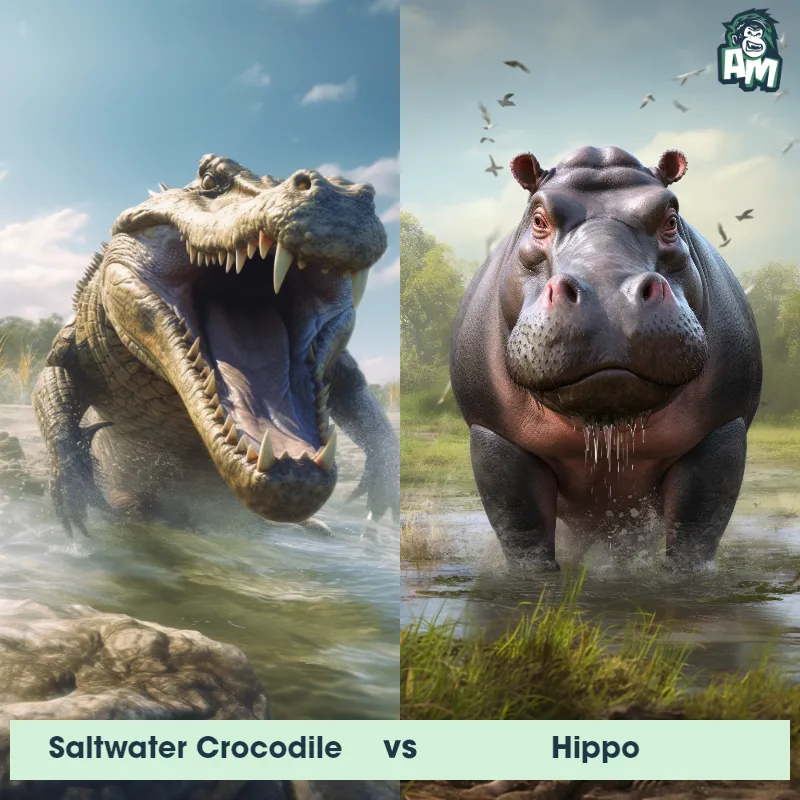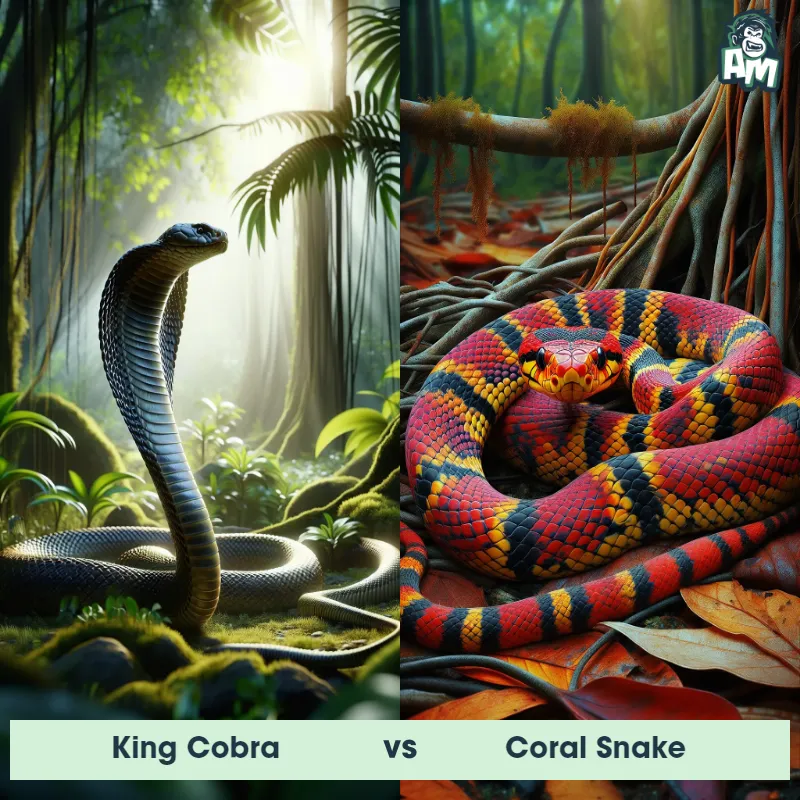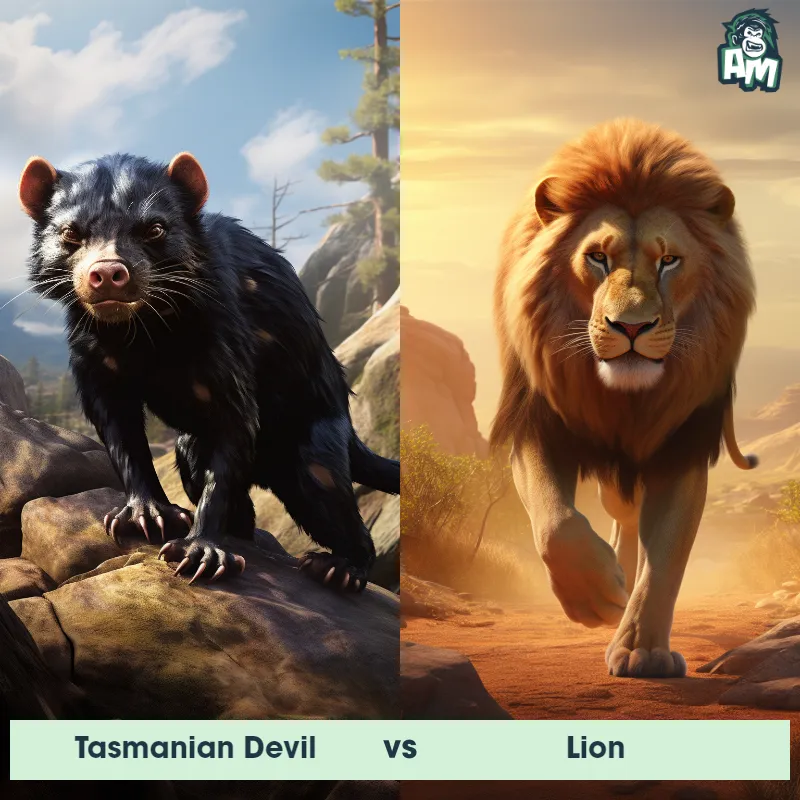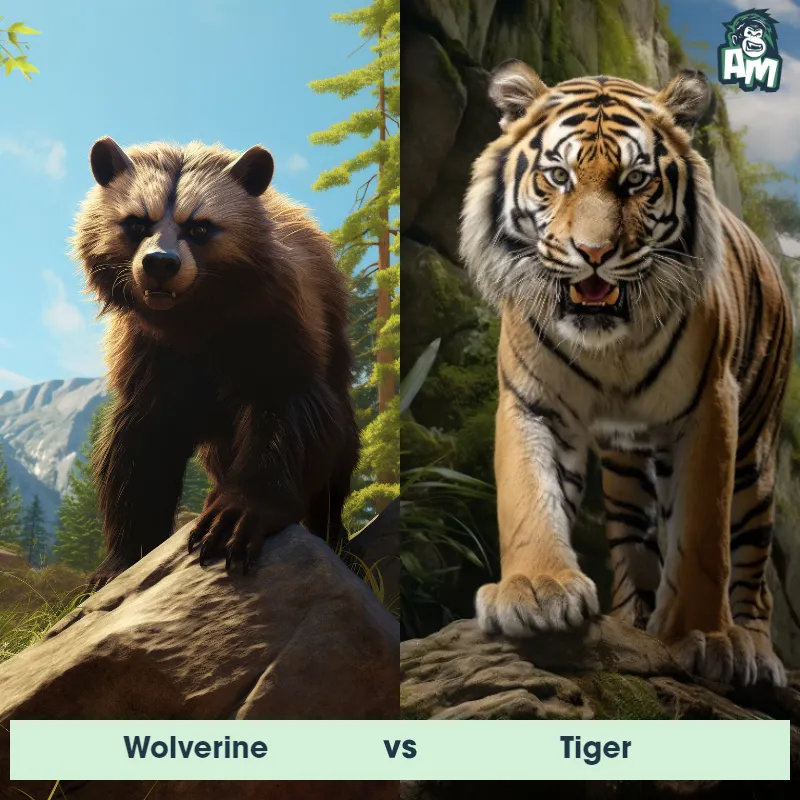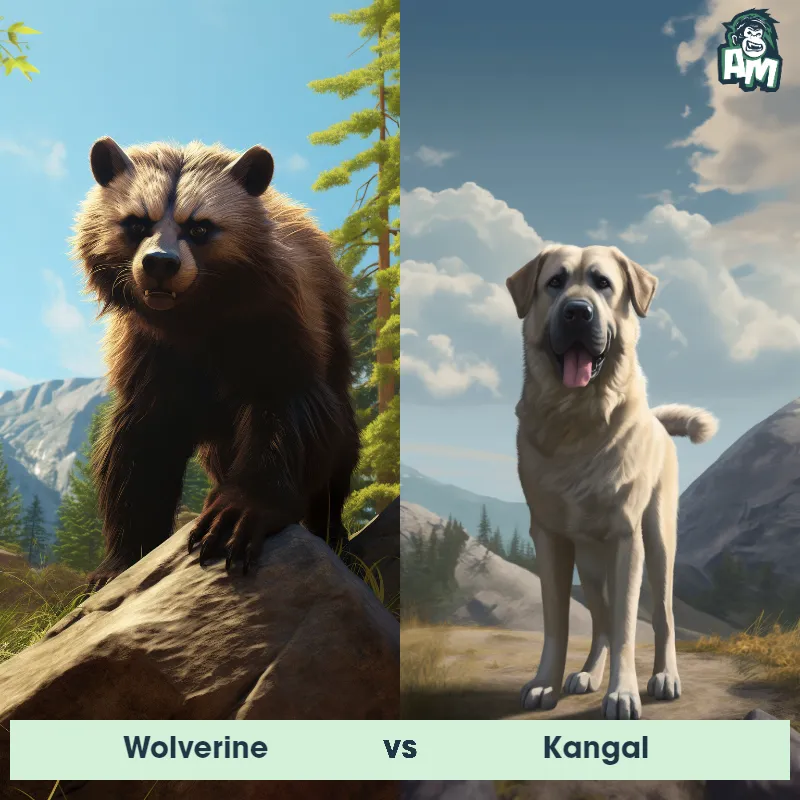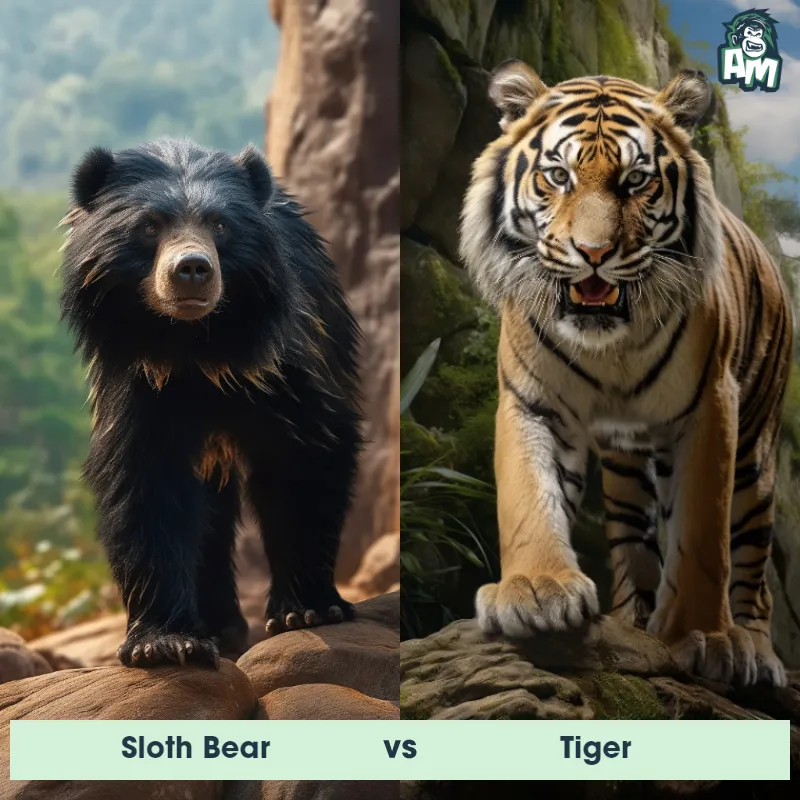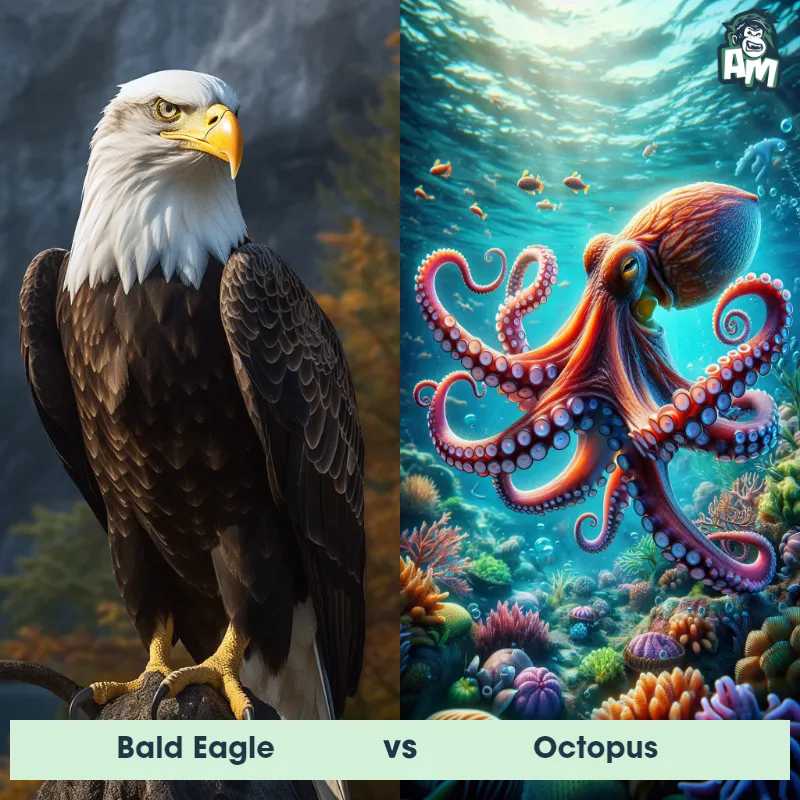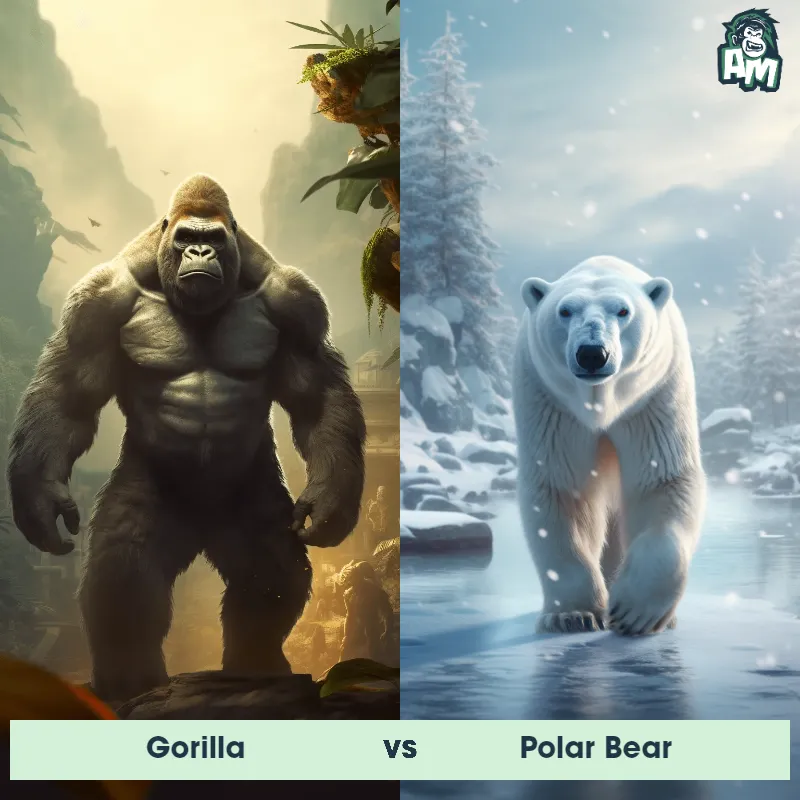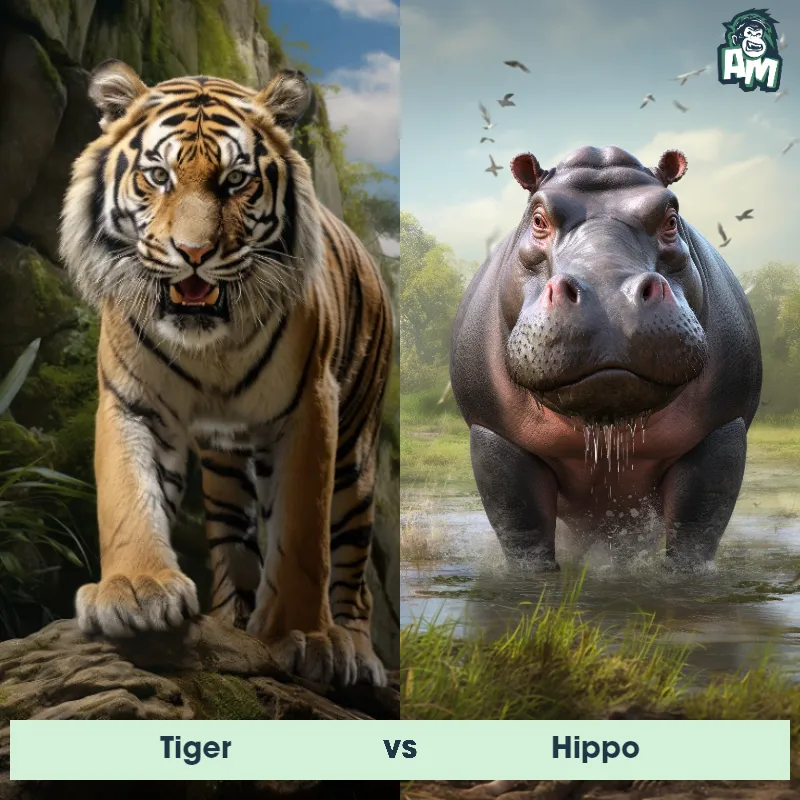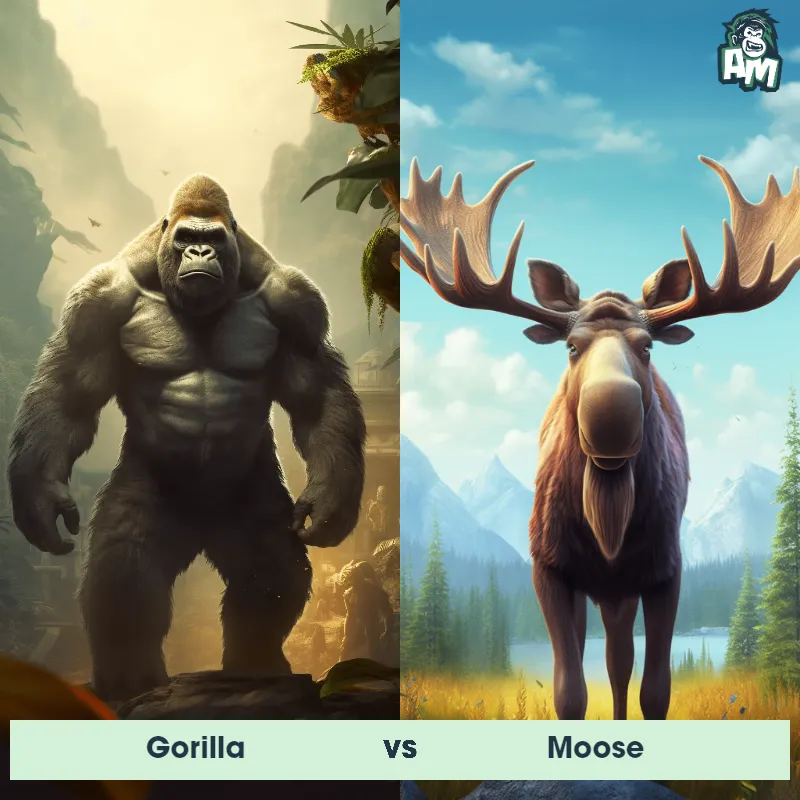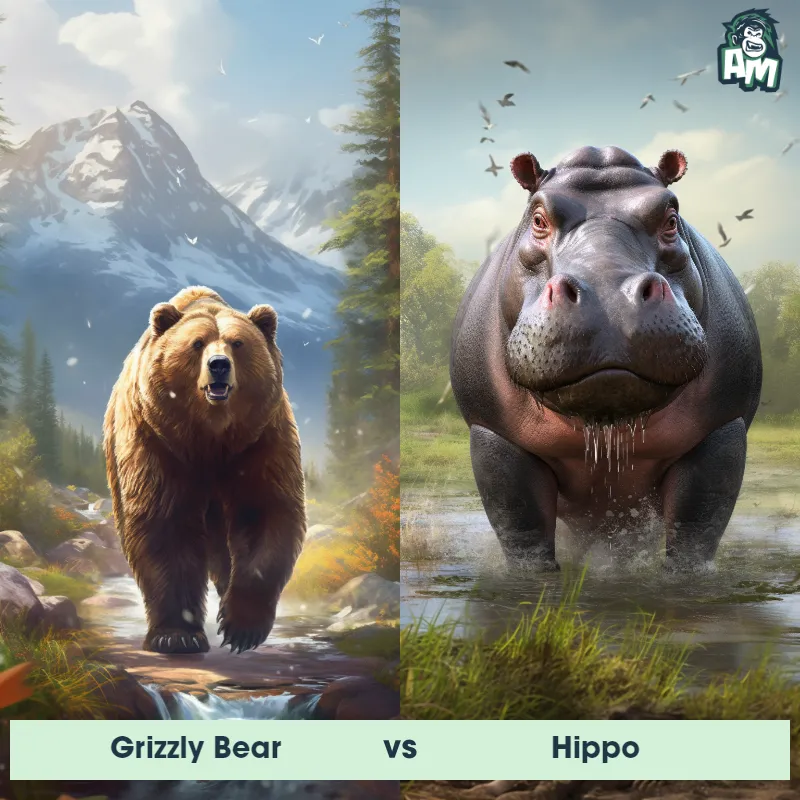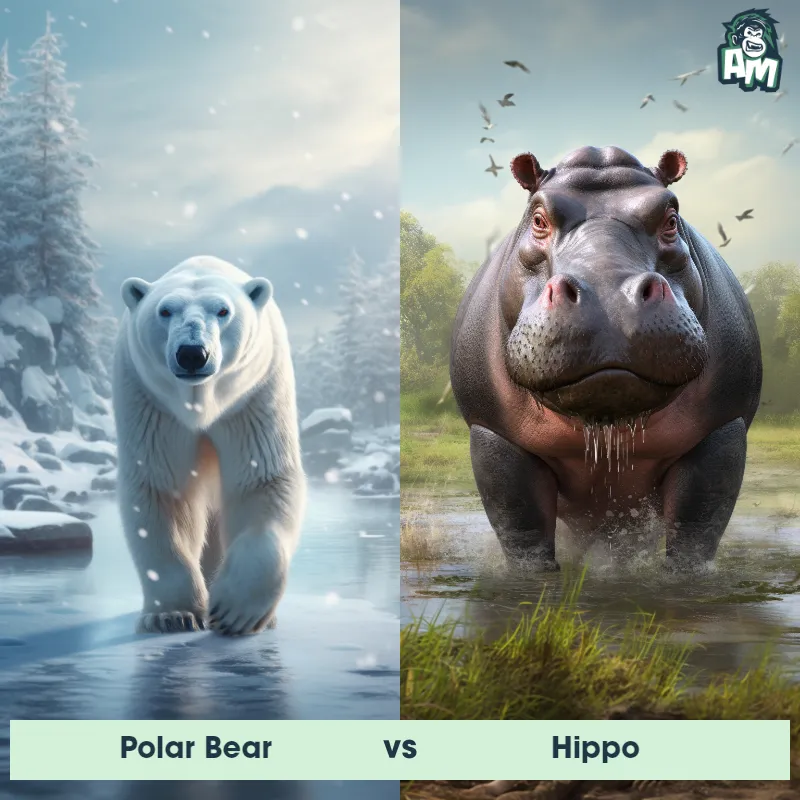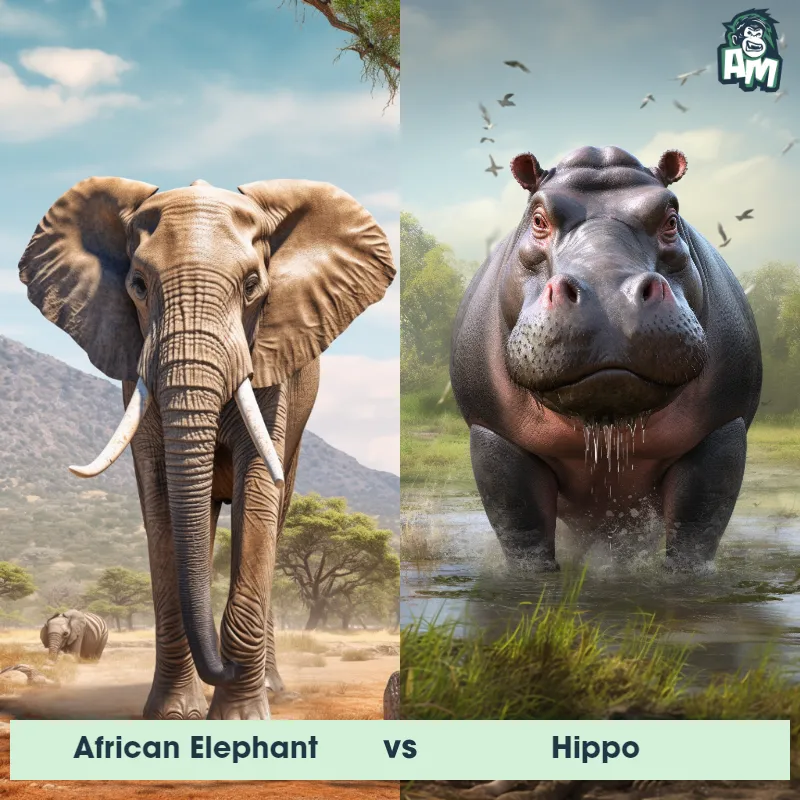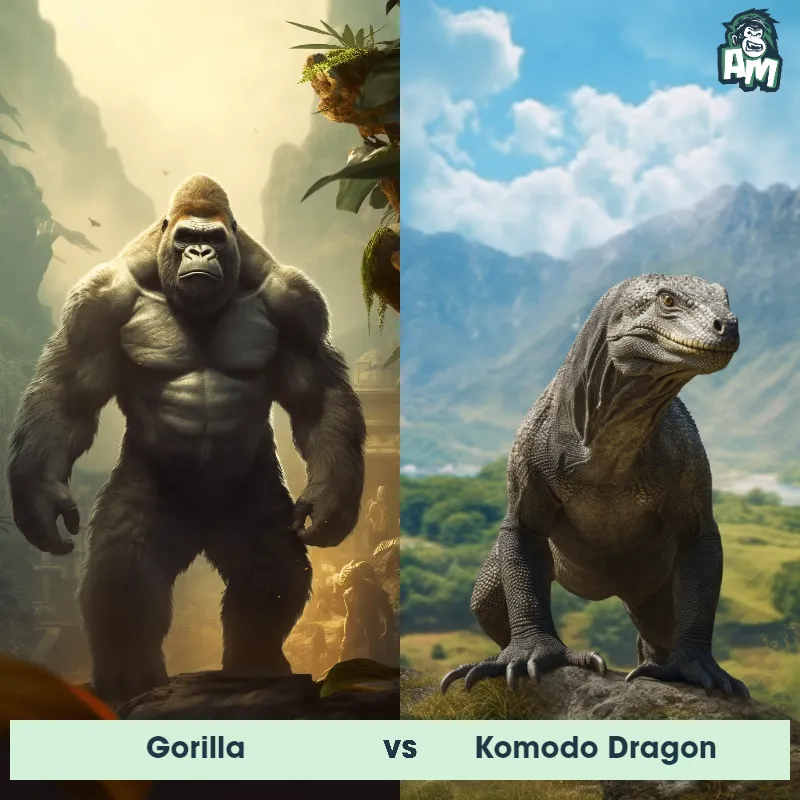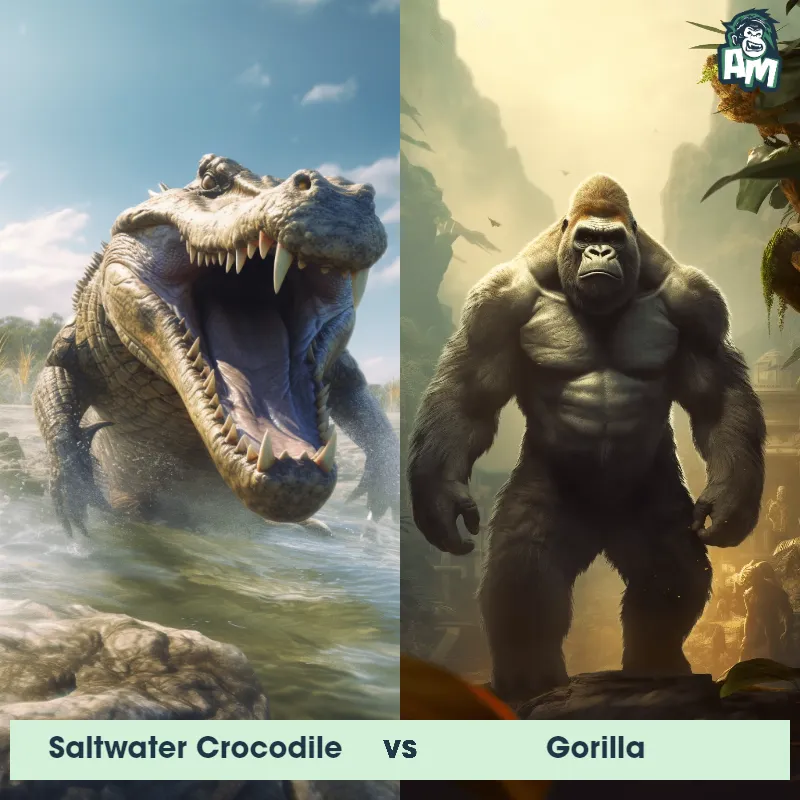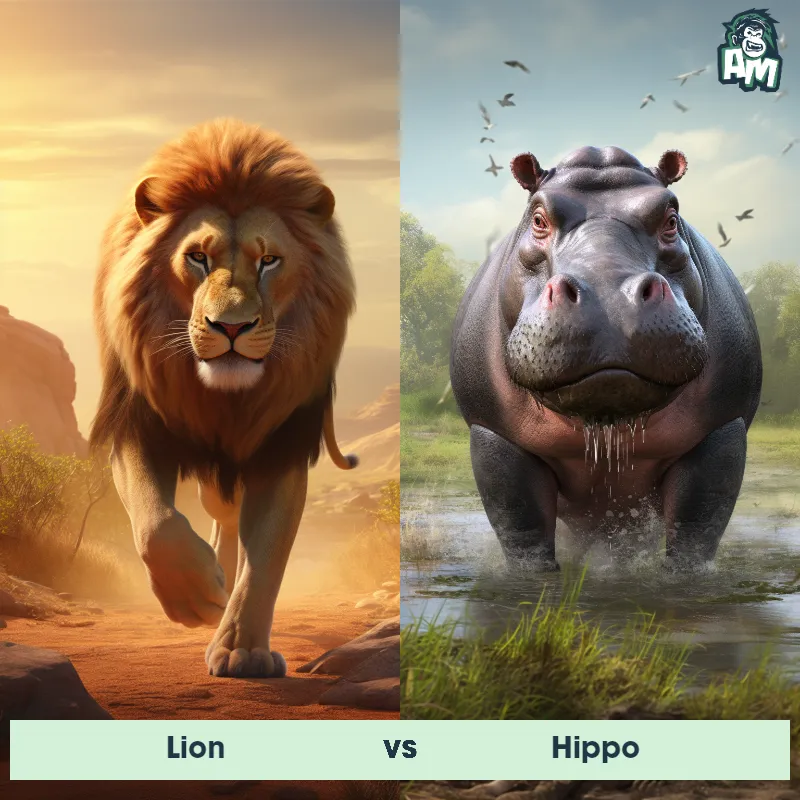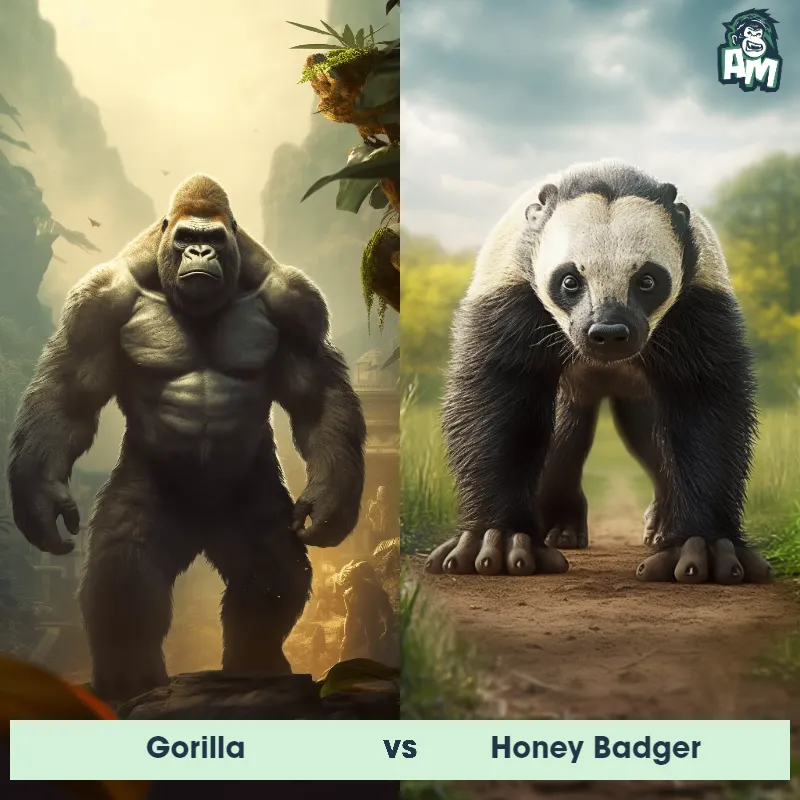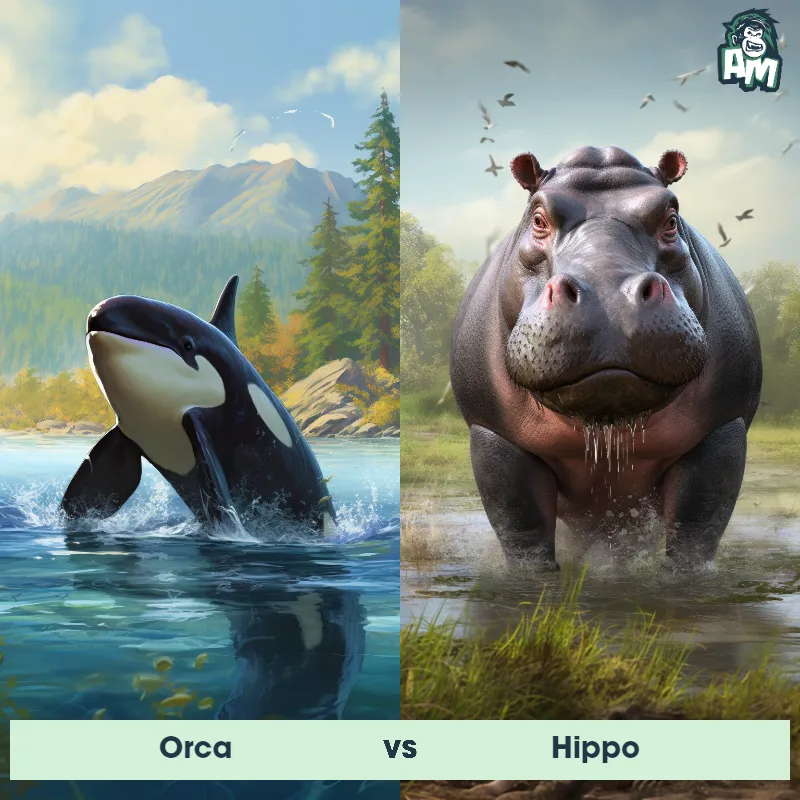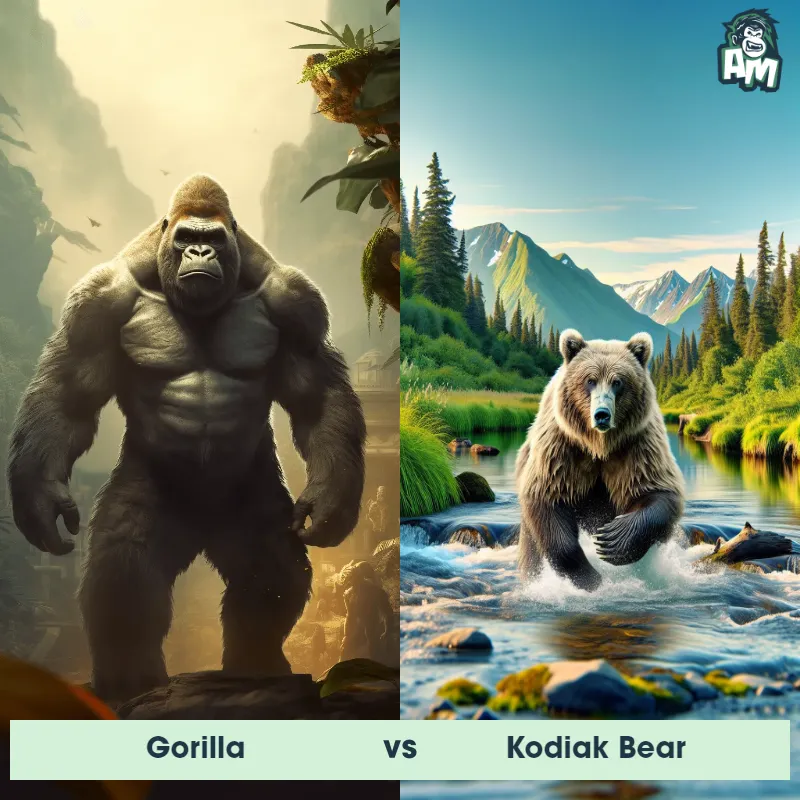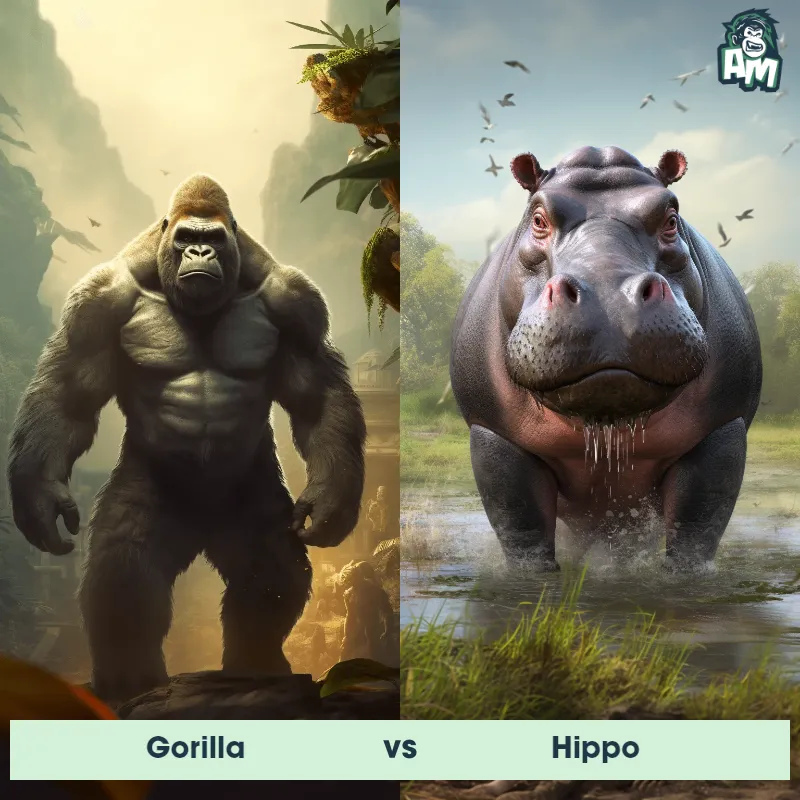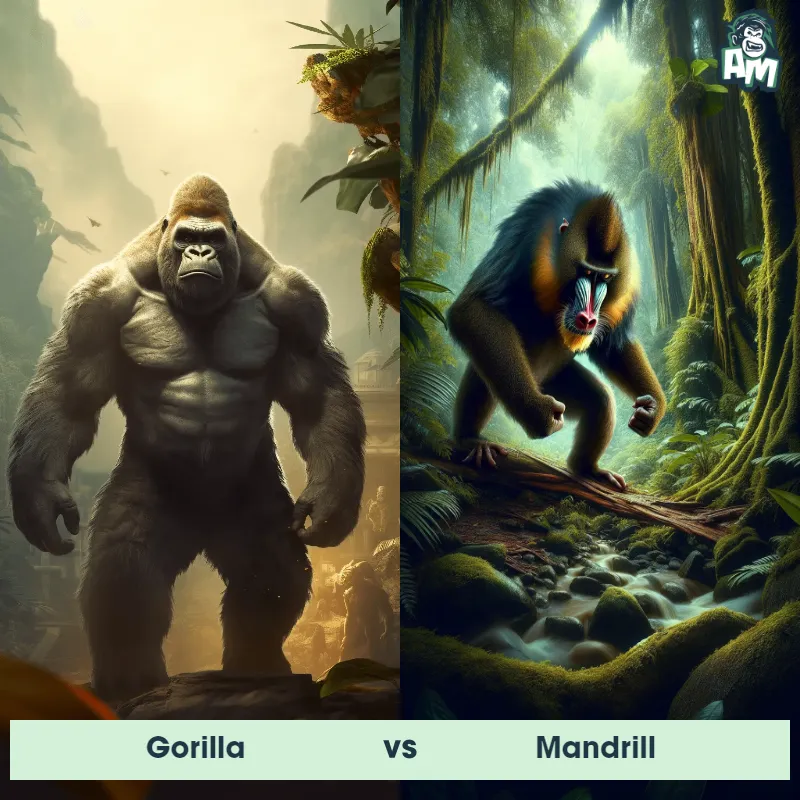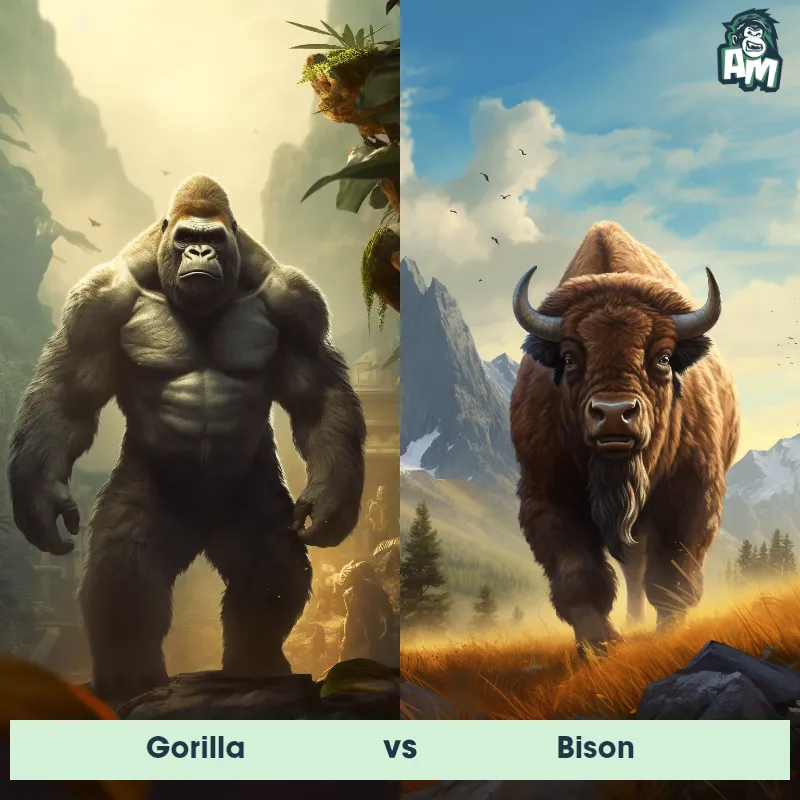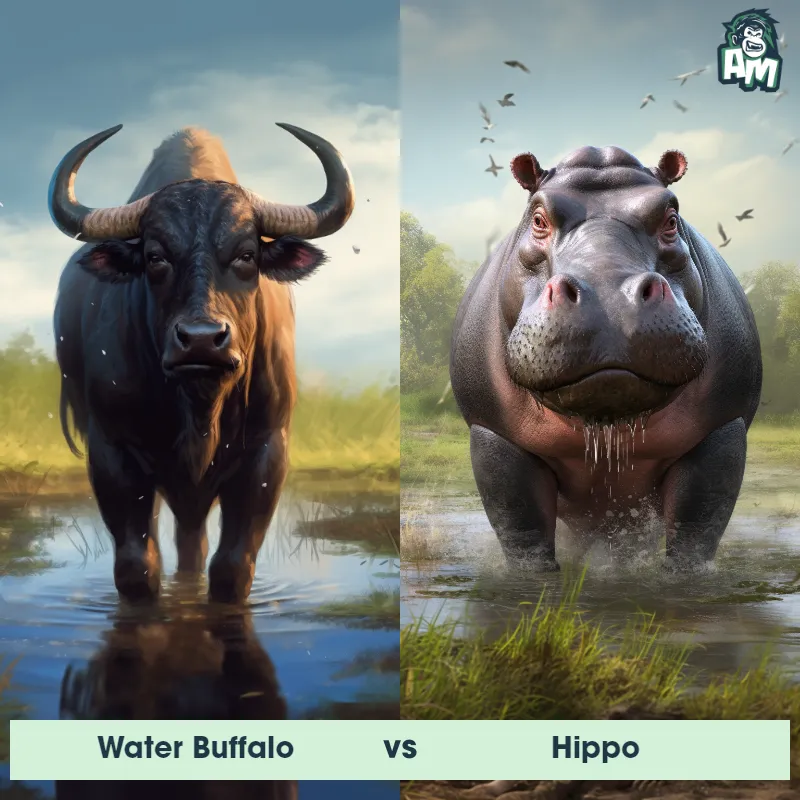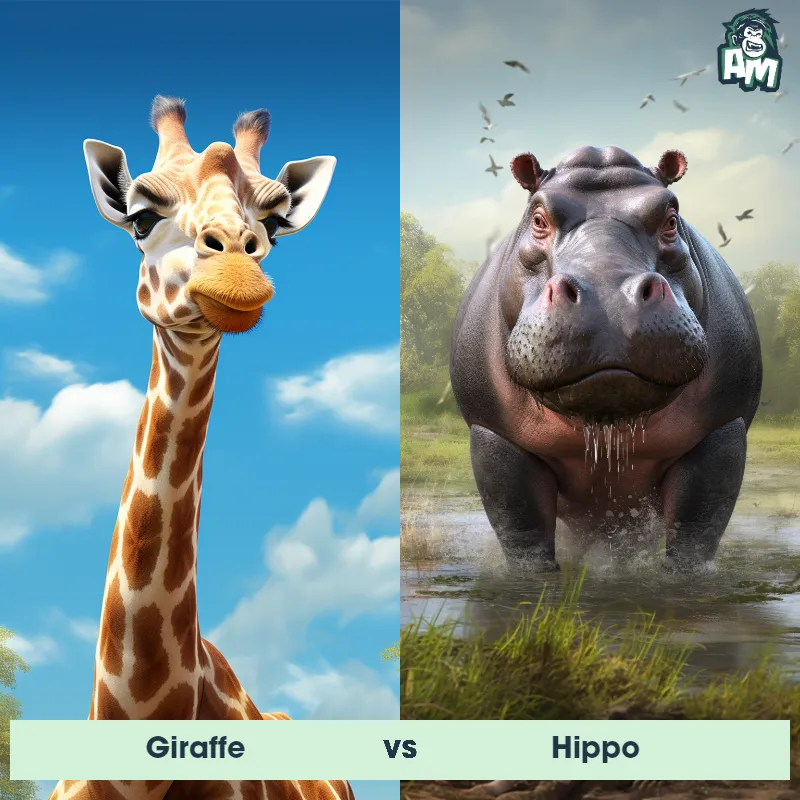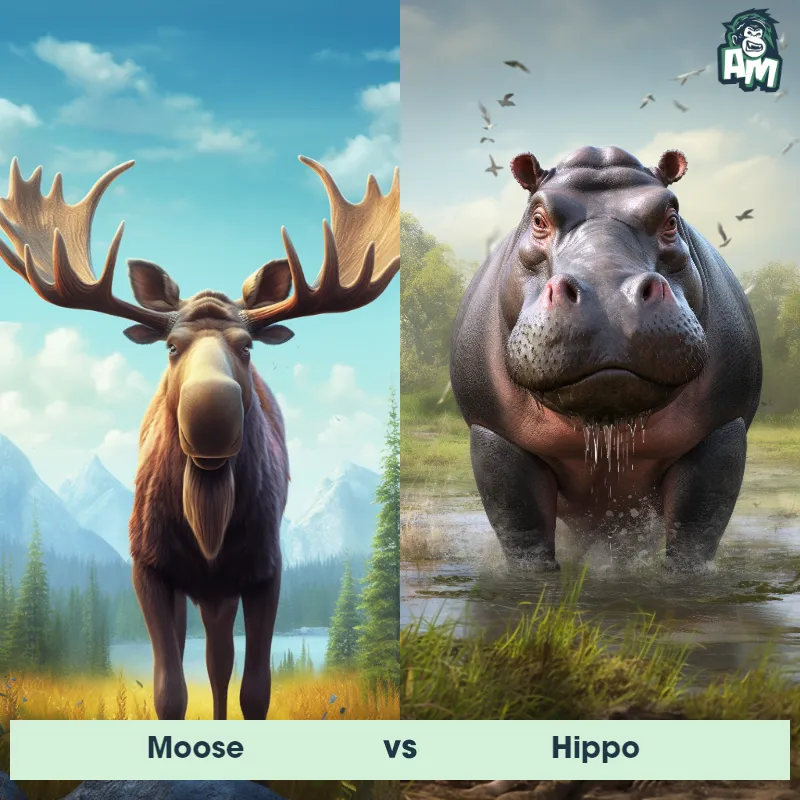Hippo vs ChimpanzeeSee Who Wins

Ladies and gentlemen, welcome to this thrilling bout between two of nature's most formidable creatures. In one corner, weighing in at a colossal 5,000 pounds, we have the massive Hippopotamus. And in the other corner, weighing in at a nimble 150 pounds, we have the agile and cunning Chimpanzee. It's time to witness the incredible power and strategy of these remarkable animals in a jaw-dropping three-round fight!
Contender 1: Hippo
The hippopotamus, often simply referred to as the hippo, is a large, mostly herbivorous mammal native to sub-Saharan Africa. With a barrel-shaped body, short legs, and a massive head with a broad, round snout, the hippo is the third-largest land animal after the elephant and rhinoceros. Hippos spend most of their day in the water or mud to keep their skin moist and protect it from the sun. Despite their bulk, hippos are excellent swimmers and can run surprisingly fast on land.
Fun Fact: Hippos secrete a natural sunscreen in the form of an oily red substance, which earned them the nickname "blood sweat," although it is neither blood nor sweat.
Contender 2: Chimpanzee
The Chimpanzee, a highly intelligent primate and our closest living relative, inhabits the forests and woodlands of central and West Africa. These social creatures possess a robust and muscular build, with an average height of about 3 to 5 feet and a weight ranging from 70 to 130 pounds. Famed for their dexterous hands and opposable thumbs, chimpanzees are remarkable tool users, employing sticks to collect termites and rocks to crack open nuts. They have a keen sense of hierarchy within their communities and communicate using a variety of vocalizations, gestures, and facial expressions.
Fun Fact: One fascinating fact about Chimpanzees is that they have been observed using tools not only for feeding purposes but also for social interaction, engaging in behaviors like leaf clipping, trunk dragging, or throwing rocks as forms of non-verbal communication.
Matchup Stats
| Hippo | Chimpanzee | |
|---|---|---|
| Size | 5 feet tall at shoulder, 13 feet long (1.5 meters tall at shoulder, 4 meters long) | 3 to 5 feet (0.9 to 1.5 meters) |
| Weight | 3,000 to 4,000 pounds (1,400 to 1,800 kilograms) | 70 to 130 pounds (31 to 59 kilograms) |
| Speed | 19mph (30km/h) | 25mph (40km/h) |
| Key Strength | Powerful jaws with large teeth | Strong arm and upper body muscles |
| Biggest Weakness | Poor eyesight | Vulnerable to attacks from the back |
Current Votes
Hippo vs Chimpanzee
See Who Wins
View More Matches
Looking For More?
Similar Matches
Scientific Stats
| Hippo | Chimpanzee | |
|---|---|---|
| Scientific Name | Hippopotamus amphibius | Pan troglodytes |
| Family | Hippopotamidae | Hominidae |
| Habitat | Rivers, lakes and swamps | Forests and woodlands |
| Geography | Sub-Saharan Africa | Central and West Africa |
| Diet | Herbivorous, primarily grasses | Omnivorous |
| Lifespan | 40 years - 50 years | 40 years - 60 years |
Key Differences between Hippo and Chimpanzee
- Facial features: The Hippo has a wide, rounded face with large nostrils positioned high on its head, whereas the Chimpanzee has a narrower face with smaller nostrils and a prominent brow ridge.
- Size: The Hippo is significantly larger than the Chimpanzee, with an average adult weight of 1.5 to 3.5 tons, whereas the Chimpanzee weighs between 70 to 130 pounds.
- Body shape: The Hippo possesses a large, barrel-shaped body with short legs and a bulky appearance, while the Chimpanzee has a more slender and agile build with long limbs.
- Skin texture: Hippos have thick, hairless, and smooth skin that appears quite tough, resembling thick armor, unlike Chimpanzees who possess soft, flexible skin covered in fine hair.
- Coloration: Hippos have a typically grayish-black or brownish skin color, while Chimpanzees display a variety of skin tones, ranging from pinkish to black, depending on age, individual genetics, and environmental factors.
- Dentition: One key visual difference between the two species lies in their teeth. Hippos have large, tusk-like canine teeth that are highly visible even when their mouths are closed, whereas Chimpanzees possess smaller, less prominent canines.





